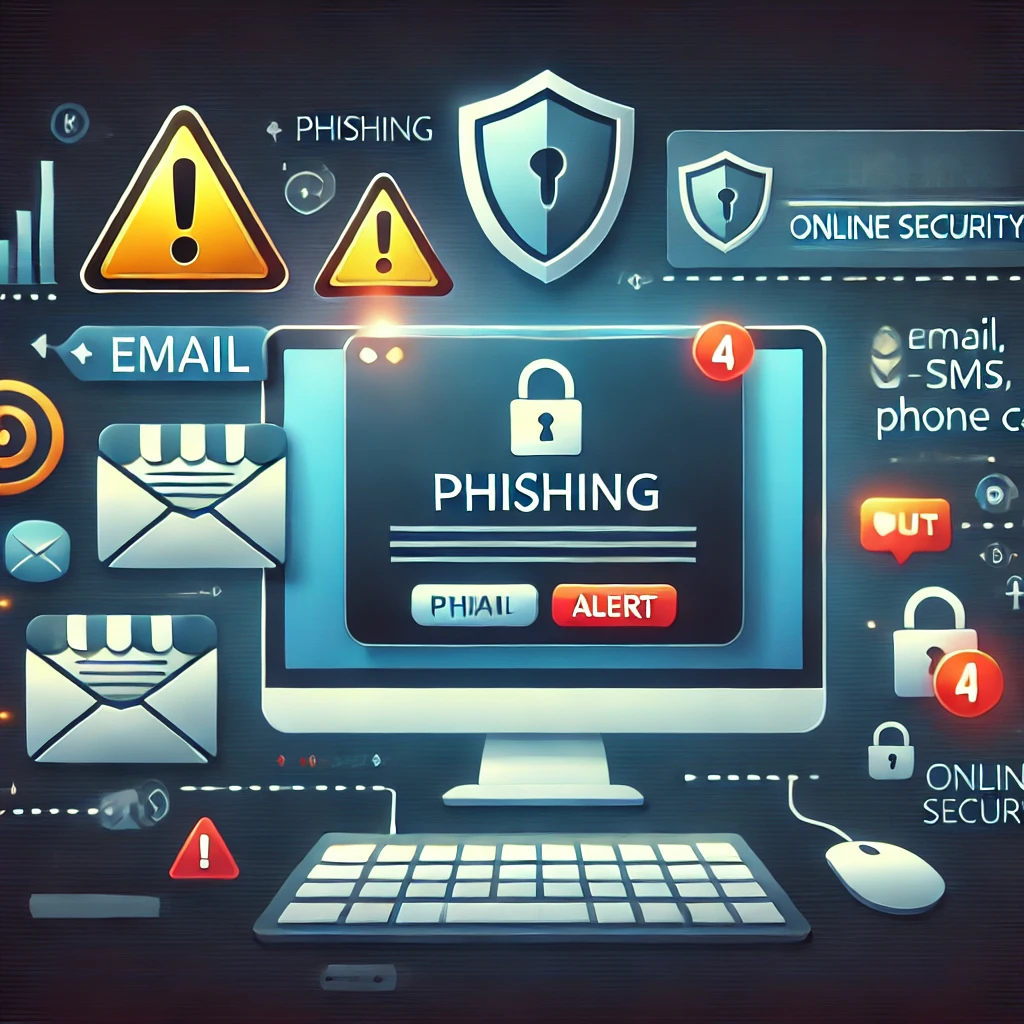Introduction: As remote work continues to become the norm, ensuring the security of remote work environments has become paramount. Virtual Private Networks (VPNs) play a crucial role in protecting sensitive data and maintaining secure connections for remote employees. This article delves into the importance of VPNs in remote work security, their benefits, and best practices for their implementation.
The Importance of VPNs in Remote Work Security: VPNs are essential for creating secure connections between remote employees and their organizations' networks. By encrypting data transmitted over the internet, VPNs prevent cyber threats such as hacking, eavesdropping, and data breaches. This encryption ensures that sensitive information remains confidential, protecting both the company and its employees.
Benefits of VPNs:
-
Enhanced Data Encryption: VPNs provide robust encryption, making it difficult for cybercriminals to intercept and decipher data. This ensures that sensitive information, such as login credentials and financial data, remains secure.
-
Secure Remote Access: VPNs enable remote employees to securely access company resources, including internal networks and databases, from any location. This is particularly crucial for accessing sensitive data and applications.
-
Protection Against Cyber Threats: By masking IP addresses and encrypting internet traffic, VPNs protect remote workers from various cyber threats, including malware, phishing attacks, and man-in-the-middle attacks.
-
Maintaining Data Privacy: VPNs ensure that employees' online activities remain private by preventing ISPs and other third parties from monitoring their internet usage. This is particularly important for maintaining data privacy and compliance with regulations.
-
Improved Network Security: VPNs add an extra layer of security to corporate networks, reducing the risk of unauthorized access and potential security breaches.
Best Practices for Implementing VPNs:
-
Choose the Right VPN: Select a VPN service that offers strong encryption protocols, reliable performance, and a strict no-logs policy. Popular VPN protocols include OpenVPN, IKEv2, and L2TP/IPsec.
-
Implement Multi-Factor Authentication (MFA): Enhance VPN security by requiring multi-factor authentication. This adds an extra layer of protection by requiring users to provide additional verification, such as a one-time code, along with their login credentials.
-
Regularly Update VPN Software: Ensure that VPN software is regularly updated to the latest version to protect against vulnerabilities and security flaws. Regular updates help maintain the integrity of the VPN and its encryption protocols.
-
Educate Employees: Provide training to remote employees on the importance of using VPNs and following security best practices. Educate them on recognizing phishing attempts and avoiding insecure connections.
-
Monitor VPN Usage: Regularly monitor VPN usage to detect any unusual activity or potential security threats. Implementing monitoring tools can help identify and address security issues promptly.
Conclusion: VPNs are a vital component of remote work security, providing encrypted, secure connections for remote employees. By implementing the right VPN and following best practices, organizations can protect sensitive data, maintain privacy, and ensure the security of their remote workforce. As remote work continues to evolve, leveraging VPN technology will remain essential for safeguarding against cyber threats and maintaining robust network security.




